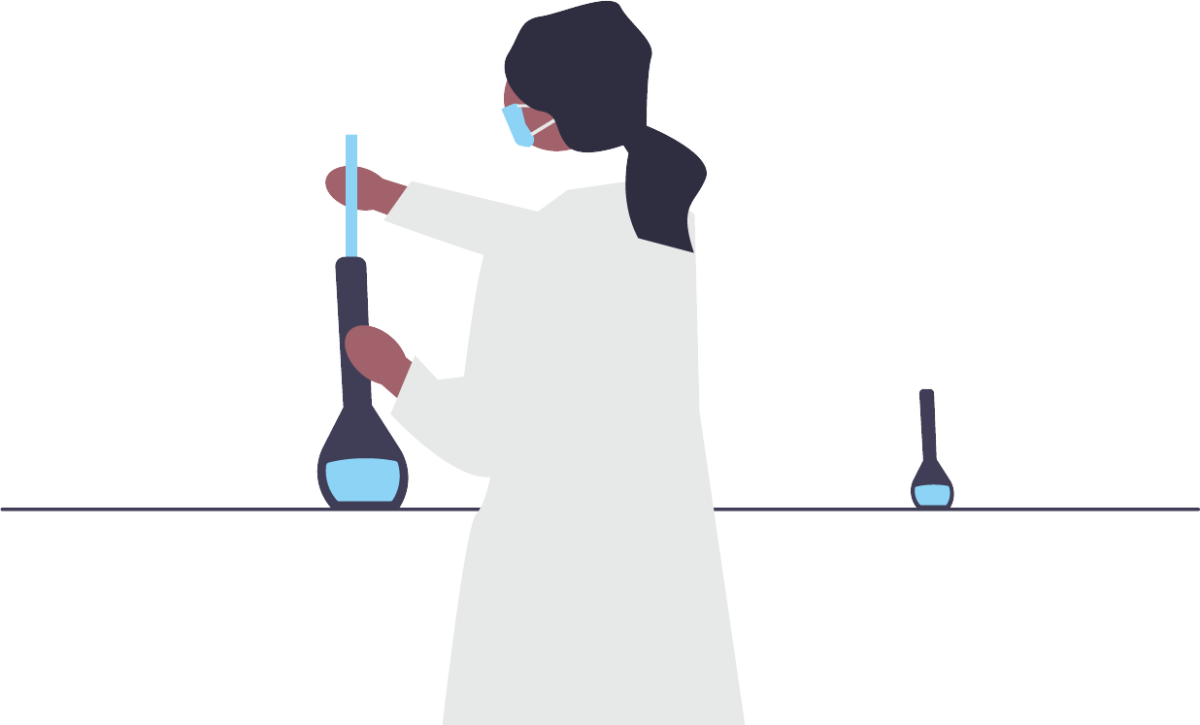Ars moriendi — “the art of dying” — was established in 1415 when a Dominican friar published a book instructing its readers how to achieve “the good death.” This amounted to spending one’s last days reflecting on triumphs, surrounded by family and friends, with a sense of fulfillment rather than despair. For centuries, a “good death” was considered the ultimate culmination of a successful life and was diligently sought by many.
Today, a clear obstacle stands in the way of those of us who would do the same — a deep aversion to death. By failing to confront our own mortality and by consistently avoiding difficult conversations with the terminally ill, we are doing ourselves a disservice and making “the good death” an impossibility.
Why have we become so reluctant to talk about death? The first reason is a case of misguided protection. The families of patients struggling with serious diseases are often afraid of stripping loved ones of their last remnants of hope. They downplay test results, soften prognoses or leave disheartening facts out all together. Baseless optimism is preferred to a more realistic candor, representing a well-meaning effort to eliminate unnecessary worry or suffering.
However, this leads to even more painful realizations later on. It robs patients of their chance to make peace with their prognosis, prepare for their passing and to properly say goodbye to those around them. It denies them much-needed comfort and support in their final hours and can appear condescending to patients who can grasp the gravity of their situation.
Leo Tolstoy’s classic The Death of Ivan Ilyich is a perfect example of why honesty is indispensable, albeit painful. The protagonist is a man on his deathbed who experiences frustration at his family’s denial and longs for transparency. Rather than hoping for a miraculous cure or favoring ignorance over a harsh awareness of his situation, he instead “longed more than anything for someone to feel sorry for him … he longed to be petted, kissed and wept over, as children are petted and comforted.”
The second reason for our aversion is that we have come to view death as our biggest enemy. Death is a necessary component in the natural progression and evolution of all living things. Even faced by the reality that all men and women will one day meet the same fate, our society has chosen to define death as the ultimate failure and survival as the only indicator of medical success.
Patients are assured that they can “beat” their disease. Those who survive cancer are lauded for being “fighters.” This well-meaning encouragement subtly implies that patients who succumb have “lost.” This type of language pressures patients to seek ineffective care in extreme circumstances in order to meet their family’s approval or avoid the scorn of a doctor. It fills terminal patients with guilt when they are unable to “beat” death, even though none of us will ever truly do so.
A better objective is to minimize suffering. In this spirit, Sherwin Nuland proclaimed in his book How We Die that “not death but disease is the real enemy.” This understanding allows us to forego harsh treatments with little or no real curative potential and to concentrate on comfort and enjoyment at the inevitable end of our lives.
Some studies have suggested that this approach actually leads to better clinical outcomes. One example, a study performed in 2010 at Massachusetts General Hospital, compared two groups of patients with Stage IV lung cancer — one that received the usual oncology treatments and another that had the same treatments available to them but also met with palliative care specialists. Palliative care doctors are experts in relieving suffering, identifying patients’ personal goals and creating customized treatment plans to achieve them. The patients who met with palliative care specialists elected to receive less chemotherapy, entered hospice earlier and reported less suffering towards the end. And, most surprisingly, they lived 25 percent longer. Over-treatment and futile therapies — direct consequences of our fear of death — do real harm to patients.
Achieving “the good death” remains a worthy pursuit. Society’s attitude toward death needs to change in several ways. Rather than focusing on extending life, physicians should focus on enriching it. Success in life should be measured in quality, not quantity. Families need to be honest and realistic with their dying loved ones. Most importantly, we need to come to terms with our own mortality and prepare to have frank discussions about our own deaths and those of our loved ones. This will facilitate better planning and thoughtful decision making regarding end of life care. It will make “the good death” an attainable goal for us all.






















